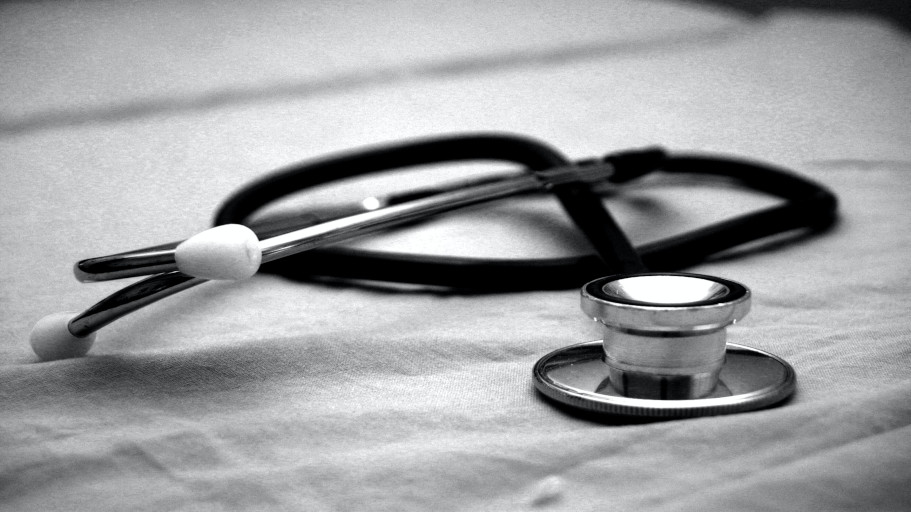The following can help patients who have mouth sores:
- Eat soft foods that are easy to chew, such as milkshakes, scrambled eggs, and custards.
- Cook foods until soft and tender.
- Cut food into small pieces. Use a blender or food processor to make food smooth.
- Suck on ice chips to numb and soothe your mouth.
- Eat foods cold or at room temperature. Hot foods can hurt your mouth.
- Drink with a straw to move liquid past the painful parts of your mouth.
- Use a small spoon to help you take smaller bites, which are easier to chew.
- Stay away from the following:
- Citrus foods, such as oranges, lemons, and limes.
- Spicy foods.
- Tomatoes and ketchup.
- Salty foods.
- Raw vegetables.
- Sharp and crunchy foods.
- Drinks with alcohol.
- Do not use tobacco products.
- Visit a dentist at least 2 weeks before starting immunotherapy, chemotherapy, or radiation therapy to the head and neck.
- Check your mouth each day for sores, white patches, or puffy and red areas.
- Rinse your mouth 3 to 4 times a day. Mix 1/4 teaspoon baking soda, 1/8 teaspoon salt, and 1 cup warm water for a mouth rinse. Do not use mouthwash that contains alcohol.
- Do not use toothpicks or other sharp objects.
- Keep foods and drinks covered, drink through a straw, turn a kitchen fan on when cooking, or cook outdoors if smells bother you.
- Brush your teeth and take care of your mouth. Visit your dentist for checkups.
Additional information can be found at: https://www.cancer.gov/about-cancer/treatment/side-effects/appetite-loss/nutrition-pdq

